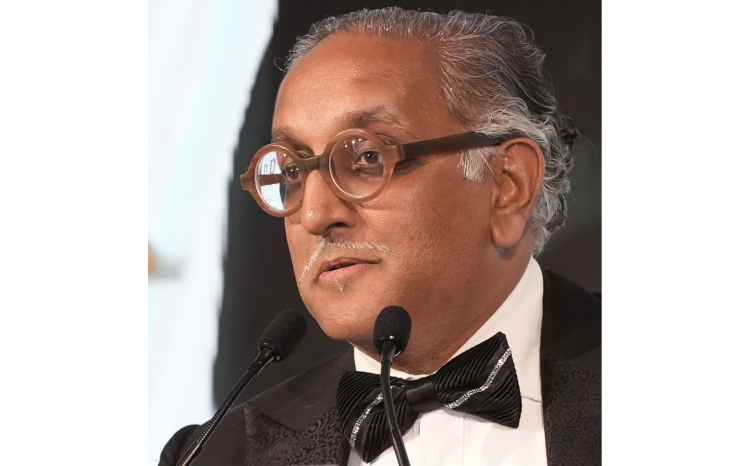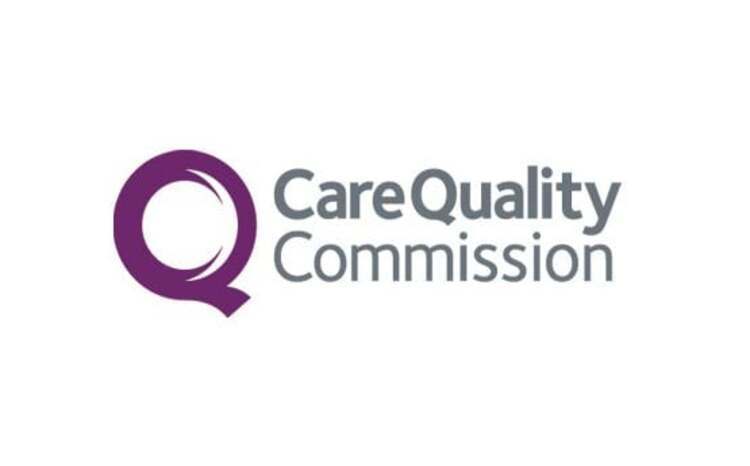We need ‘a report like Darzi’s’ on NHS IT
- 24 September 2024

The “honesty and speed” of Lord Darzi’s independent investigation into the state of the NHS is impressive – and the IT community must respond to his call for a “tilt to technology”. But NHS IT also needs its own Darzi-style expert review, says Joe McDonald
It was refreshing to read Lord Darzi’s independent review of the NHS. Regular readers will know I am a big fan of the Zone Of Uncomfortable Debate (ZOUD) as advocated by the Cranfield Institute. Darzi certainly doesn’t shrink from naming many of the elephants in the room: “The NHS is in serious trouble”; “A&E is in an awful state”; “The CQC is not fit for purpose”.
‘No s**t Sherlock!’ was the response of most people working in the NHS. At the same time there is a sense of relief that we can stop pretending that we are OK, and that the NHS will be OK. That’s the thing about ZOUD, until you give people permission to talk about the real problems they can’t be fixed.
As an organisational psychiatrist I’m always on look out for some of the ‘soft stuff’ that makes the world go round, that makes an organisation productive. One phrase in Darzi’s report leapt from the page for me: “There has been a marked reduction in discretionary effort across all staff groups”.
Final straw
Discretionary effort – the goodwill of staff, the extra hours worked for no pay, the tolerance of poor systems – kept the NHS afloat for years. But lack of investment, Covid, and (paradoxically) the banging of pans on the doorsteps of the nation proved the final straw for ill-equipped, underpaid NHS staff. In footballing terms, the NHS leadership has ‘lost the dressing room’. The CQC, with an approach that came to be perceived as ‘the beatings will continue until morale improves’, was rightly savaged by Darzi. The fact he was brought in to review the NHS at all probably means the end of CQC as we know it.
Darzi rightly points out that the NHS has been broken before, and that it can be fixed.
He concludes with seven themes which will need to be picked up on in Wes Streeting’s forthcoming 10-year plan, one of which is re-engagement with staff; clearly the settlement of the major industrial disputes in the NHS in short order is a start. I sat next to a paramedic at St James Park last week while Newcastle beat Spurs and I asked him how he felt. He said: “I got my first real pay rise in 15 years. I feel hope”.
Another key theme is the “tilt towards technology”. As Darzi says: “There must be a major tilt towards technology to unlock productivity. In particular, the hundreds of thousands of NHS staff working outside hospitals urgently need the benefits of digital systems. There is enormous potential in AI to transform care and for life sciences breakthroughs to create new treatments.”
So how should the NHS IT community respond to the Darzi report? We have to ‘go ZOUD’. You and I know that it probably takes 10 to 20 years to get a genuine understanding of the complexity of digital health and a non-expert like Darzi can’t be expected to know what we know, he can’t be across everything. He won’t know that a cloud-based [IT] world needs revenue and capital. He can’t know that before the NHS can be saved by AI it will need some very basic improvements.
As a community we need to do our bit and help the NHS to “tilt towards technology” in a way that doesn’t end up with billions wasted turning unproductive paper processes into even less productive electronic processes. NHS IT solutions shouldn’t cost billions. Aircraft carriers, nuclear submarines and spaceships are allowed to cost billions, not NHS IT solutions. ESR 2 priced at over a billion? Sometimes the decimal point is in the wrong place but somehow it gets through procurement. We need to look at how we procure things. Remember the Government Digital Service (GDS) and “spend controls”? We need some of that.
Pull no punches
Darzi’s review is refreshing because of its brevity, honesty, and the speed with which it was turned around. I would suggest that NHS IT needs its own similar rapid review of the last 15 to 20 years and that it should be independently led. We have probably had a dozen different NHS IT strategies during my time in this field, but I don’t recall any proper retrospective analysis of how we got to where we are and whether its anywhere near where we need to be. Our current strategy seems to be to carry on as we are. Which has led us to a broken jigsaw of IT systems and an increasingly stagnant EPR market.
So, who could we get to do a review of where we are, how we got here, and how to fix the mess we are in? Well, I would look to what became of the GDS Team. They went off and formed Public Digital and they have been doing some radical thinking in government IT for some time. We need a report like Darzi’s which pulls no punches and offers some themes for us as a wider community to move forward with. And we need it now.






2 Comments
Wasn’t it quick because it had already been written before the election?
Maybe , Jack. I might have one ready.
Comments are closed.